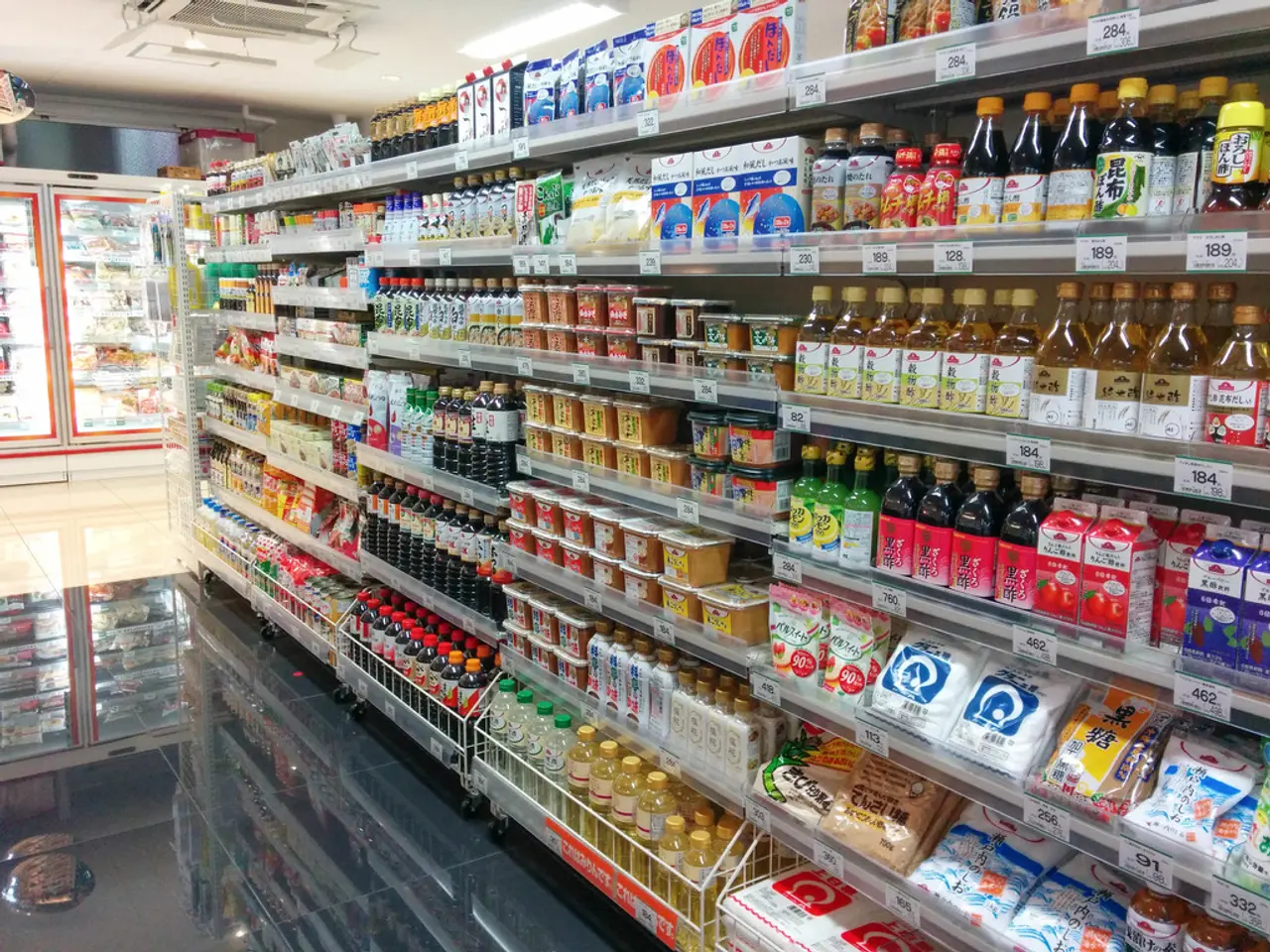Firms Discover Possible Means to Evade Trump Tariffs and Maintain Affordable Pricing
In the ongoing legal battle, attempts have been made to question the legitimacy of Donald Trump's tariff program under the 1977 International Emergency Economic Powers Act (IEEPA). As of August 2025, these lawsuits are actively progressing, with significant developments indicating a future Supreme Court review, potentially by mid-2026.
One of the key cases, Axle of Dearborn, Inc. v. Department of Commerce, filed in the U.S. Court of International Trade (USCIT), challenges the administration’s executive orders that eliminated the "de minimis exemption" (which allowed duty-free import of goods valued under $800). The plaintiff argues that the president lacks the statutory and constitutional authority to revoke this exemption, while the government defends its use of IEEPA emergency powers as necessary to respond to international trade threats.
The litigation involves several other related suits contesting Trump’s tariff authority, with courts showing skepticism toward broad presidential claims of emergency power in trade. The Trump administration has attempted to stay some proceedings pending outcomes in related cases, showing the cases’ interlinked nature.
The stakes are exceptionally high. A ruling invalidating these tariffs could trigger massive refunds for importers and significantly limit presidential powers in trade policy. Conversely, ruling in favor of the tariffs could affirm broad executive authority in trade emergencies. Given the conflicting decisions so far, the Supreme Court is expected to resolve these legal uncertainties.
The tariff regime, implemented to help pay for the major tax cuts passed in Trump's One Big Beautiful Bill, is generating billions of dollars in revenue for the federal government each month. However, online chatter from small business owners indicates growing alarm about the impact of tariffs on their businesses. Some businesses have even suggested they may have to close due to rising costs caused by tariffs.
In a separate case, a narrower ruling from the D.C. District Court shielded two small businesses from the same tariffs. Some businesses have considered adding "tariff surcharges" to customer receipts to explain price increases.
If the government is forced to pay back the tariff revenue, it would be a significant defeat for the administration. The refunds, if they were to go through, would likely be processed by Customs and Border Protection. The tariff program, viewed as questionable by many, has been promoted by the White House as one of the president's major achievements.
Two court cases are challenging the White House's legal argument for the tariff program, which invokes the 1977 International Emergency Economic Powers Act. The tariff regime, if found illegitimate, could effectively nix the entire revenue-raising scheme. Legislative attempts have been made to exempt small businesses from the tariff revenue-raising scheme.
In May, a federal court ruled that Trump's tariffs exceeded the president's authority granted under the 1977 emergency law. If the tariffs are deemed illegitimate, importers believe they are entitled to refunds, an obligation the government has acknowledged. A deal's value is questionable if it is found to be illegal.
Trump has often portrayed himself as an expert deal-maker, and the tariffs have been presented as evidence of this. However, the ongoing legal challenges to the tariff program may redefine presidential authority over tariffs with huge economic and constitutional implications.
[1] CNN
[2] The New York Times
[3] Politico
[5] Reuters
- Technology outlets such as Gizmodo and tech-focused news sites are closely monitoring the ongoing legal battles regarding the legitimacy of Donald Trump's tariff program, given its potential impact on business and finance.
- As the future Supreme Court review of these tariff lawsuits draws near, general-news platforms like CNN, The New York Times, Politico, and Reuters are highlighting the significance of the tariff regime in shaping the larger political landscape.
- The interconnected nature of the court cases involving Trump’s tariff authority could have far-reaching consequences for the tech industry, as businesses weigh the potential costs and benefits of tariffs on current and future investments.
- The future of trade policies and presidential powers in business and politics hang in the balance, with the outcome of these legal challenges likely to influence the industry dynamics beyond the realm of tech.




